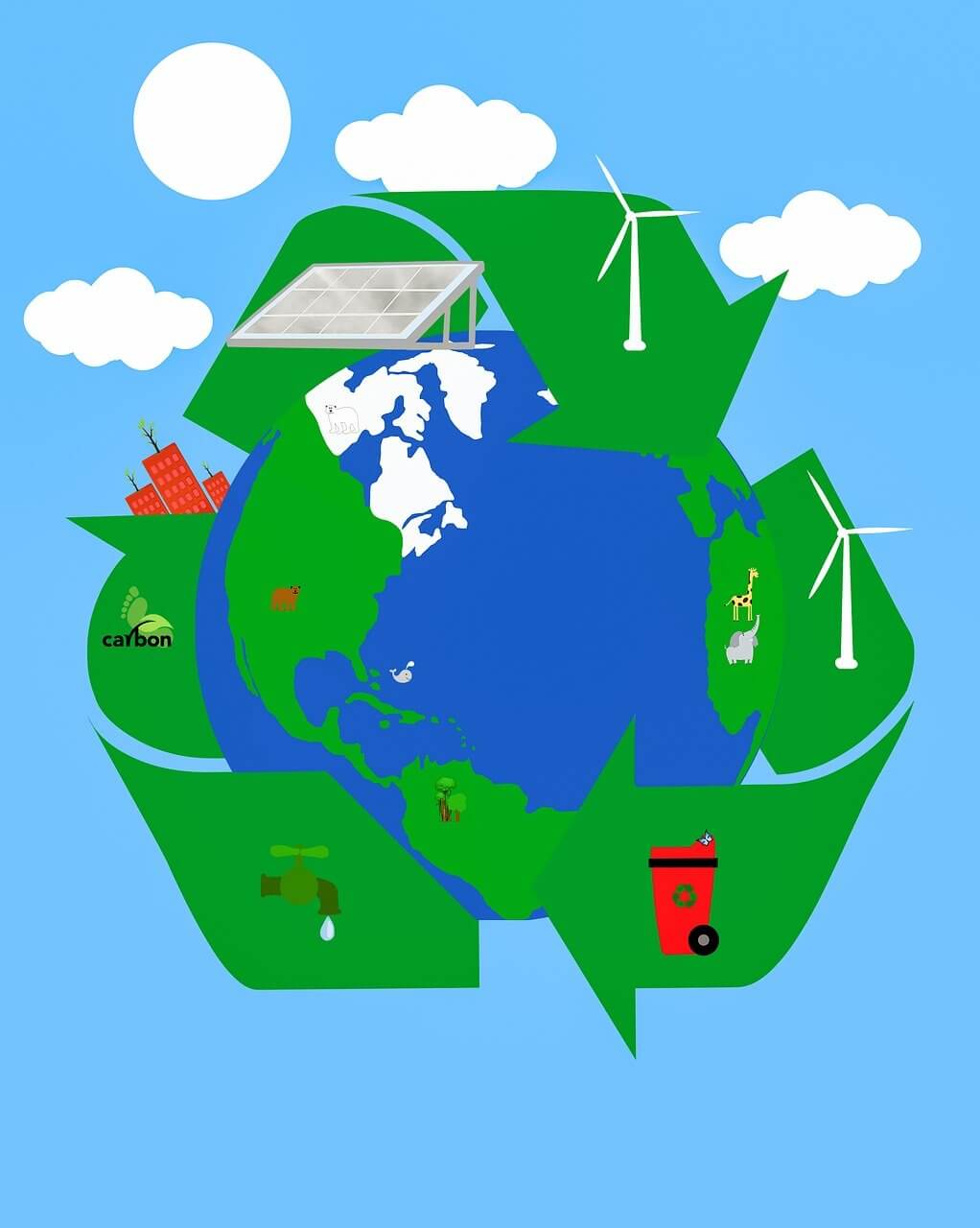Imagine a future where your business not only thrives but does so while reducing its environmental footprint and securing a lasting competitive edge. Sustainable supply chains are quickly becoming the key to achieving this vision. By incorporating environmentally responsible practices into every stage of production and distribution, businesses can reduce costs, build a stronger brand, and mitigate risks.
More than just an ethical choice, adopting sustainable supply chains is a strategic move that can lead to long-term growth and profitability. In this article, we will explore how implementing sustainable supply chains can accelerate your business’s growth and why this approach should be a top priority for your company.

Cost Savings and Operational Efficiency
One of the most compelling reasons to transition to a sustainable supply chain is the potential for significant cost savings. By adopting greener practices, businesses can often streamline operations, reduce waste, and lower energy consumption. For example, companies that use renewable energy or optimize logistics to reduce fuel consumption can see substantial savings. Additionally, by adopting circular economy principles, such as recycling or reusing materials, businesses can cut costs associated with raw material procurement and disposal fees.
Research shows that companies embracing sustainable practices can achieve operational efficiencies that translate directly into cost reductions. According to a 2021 report by the World Economic Forum, companies that integrated sustainability into their supply chains saw a 20% reduction in operational costs within the first five years.
Increased Brand Reputation and Customer Loyalty
Today’s consumers are increasingly conscious of the environmental impact of the companies they support. According to a 2022 Nielsen survey, 73% of global consumers are willing to pay more for products and services from companies that demonstrate a commitment to sustainability. By adopting sustainable supply chain practices, businesses not only contribute to environmental protection but also enhance their brand image, attracting eco-conscious customers and fostering loyalty.
For example, Patagonia’s commitment to using sustainable materials and transparent supply chains has made it a leader in the outdoor apparel market. This commitment has cultivated a loyal customer base that values sustainability, helping the company thrive even in a competitive market.
Competitive Advantage and Market Growth
Incorporating sustainability into your supply chain can differentiate your brand in a crowded marketplace. As environmental regulations become stricter, businesses that proactively embrace sustainable practices can stay ahead of the curve. For instance, by adhering to green standards, companies can avoid penalties and ensure compliance with evolving legislation, such as the European Union’s Green Deal or the U.S. Clean Energy Standard.
Additionally, adopting sustainable supply chains can open up new business opportunities in emerging green markets. With governments and organizations increasingly prioritizing sustainable procurement, businesses with proven green credentials are better positioned to win new contracts, especially in industries like government, construction, and energy.
Risk Mitigation and Compliance
Sustainable supply chains help businesses mitigate a range of risks, from regulatory compliance to supply chain disruptions. Companies that integrate sustainability into their operations are less vulnerable to the fluctuations of global supply chains, as they often diversify sources and adopt more resilient practices. Furthermore, by ensuring compliance with environmental and labor regulations, businesses can avoid fines and reputational damage.
For example, the implementation of responsible sourcing and supplier audits can help ensure that a company’s suppliers are complying with ethical labor standards, thereby minimizing the risk of supply chain scandals. In fact, the 2020 Global Sustainability Study by McKinsey found that companies with stronger sustainability practices tend to have lower levels of supply chain risk, especially in regions with higher environmental or political risks.
Challenges and How to Overcome Them
While the benefits are clear, businesses may face challenges in adopting sustainable supply chain practices. The initial investment in sustainable technologies and materials can be high, and many businesses struggle with the complexity of transitioning existing supply chains. However, these challenges can be mitigated with careful planning and phased implementation. Investing in technology that tracks and optimizes supply chains, such as blockchain for transparency or AI for predictive analytics, can help businesses manage sustainability efforts more effectively. Additionally, collaboration with suppliers and partners to share the cost of sustainable practices can ease the financial burden.
The Future of Sustainable Supply Chains
As businesses continue to embrace sustainability, the importance of sustainable supply chains will only grow. Companies that innovate now will not only improve their bottom line but also contribute to a greener, more sustainable global economy. The shift toward sustainability is not just a trend—it’s a long-term strategy that drives growth, efficiency, and resilience.
In conclusion, adopting a sustainable supply chain is more than just an environmentally responsible decision; it’s a business strategy that leads to long-term growth. By focusing on cost savings, enhancing brand reputation, staying ahead of competitors, and mitigating risks, businesses can unlock the full potential of sustainability. Now is the time to invest in green practices to not only benefit the environment but also position your company for future success.
Discover more from Grow and Succeed Blog
Subscribe to get the latest posts sent to your email.







One thought on “The Impact of Sustainable Supply Chains on Business Growth”